The Bitter End
In his definitive 1989 overview of the 1960s Wellington scene When Rock Got Rolling, writer Roger Watkins calls The Bitter End “the Beastie Boys of the day”. Indeed, anyone you talk to who saw the band live tells of wild and raucous stage shows, played at some volume with an off-stage presence to match.
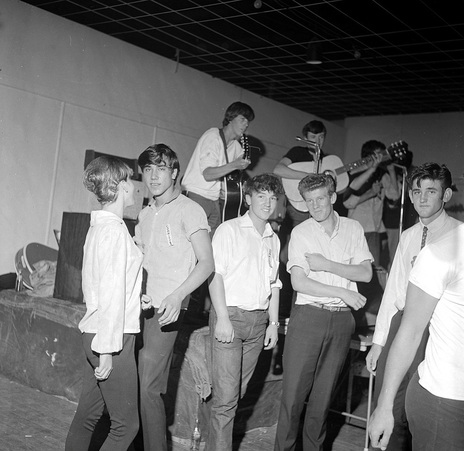
At the Upper Hutt Rugby Gym. Second from left is Frankie Stevens, later to be a pop star, singer, TV host and actor. At the time this was taken he was the guitarist with In-Sect, later to become The Fourmyula.
Photo credit:
Photo by Revelle Jackson
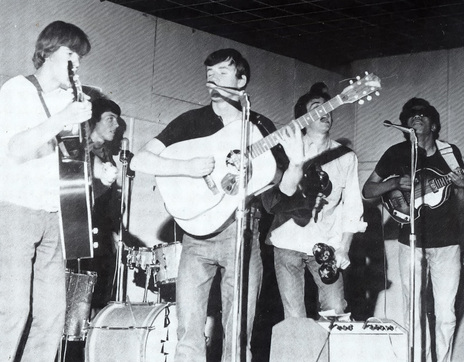
Peter Raxworthy, Allan Bateup (behind), Dave Orams, Peter Hall, Ben Kaika, venue unknown
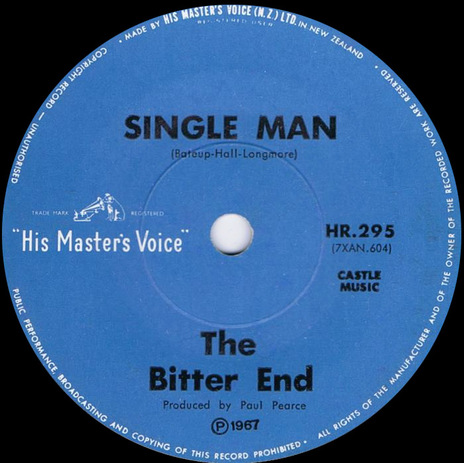
The January 1967 single Single Man, written by Peter Hall, Allan Bateup and Dave Longmore
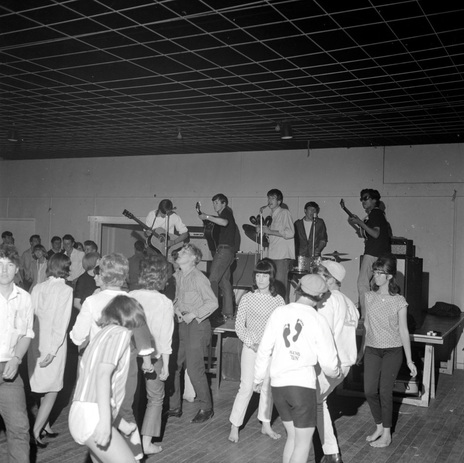
The Rugby Gym in Upper Hutt with The Bitter End playing - L to R: Peter Hall, Peter Raxworthy, James Dwan, Roger Knox, Allan Bateup, Ben Kaika
Photo credit:
Photo by Revelle Jackson
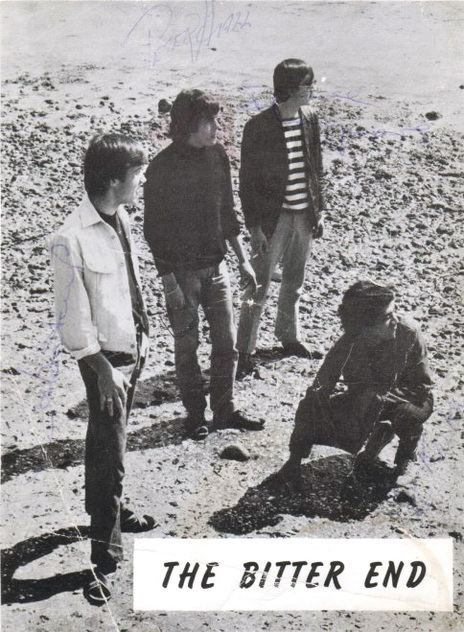
The Bitter End in a 1967 HMV publicity shot
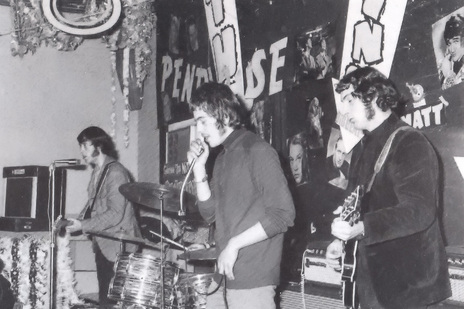
Late period The Bitter End with Glyn Mason (right) on guitar. He would go on to replace larry Morris in The Rebels before a stellar career in Australia.
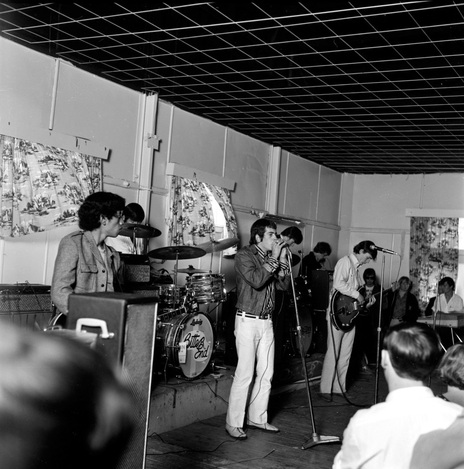
The Bitter End at the Rugby Gym, Upper Hutt, circa 1965
Photo credit:
Photo by Revelle Jackson
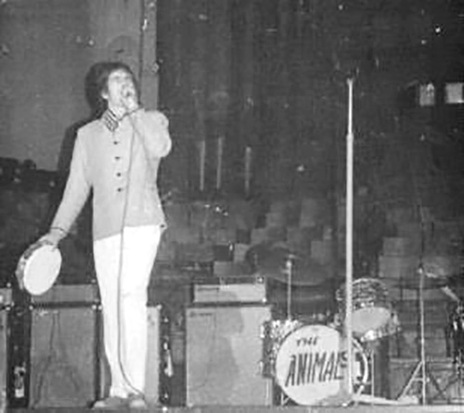
Peter Hall on stage when The Bitter End supported The Animals
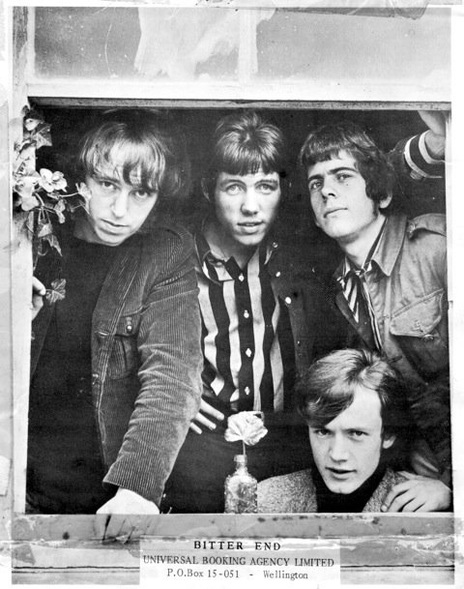
Publicity shot from The Bitter End's managment, Tom McDonald's UBA, who dominated the Wellington scene in the mid to late 1960s.
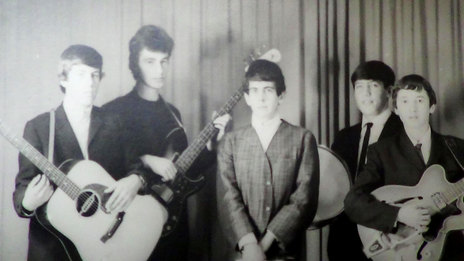
The Portraits in early 1965: Peter Raxworthy ,Roger Knox, Peter Hall, Allan Bateup and Jim Dwan
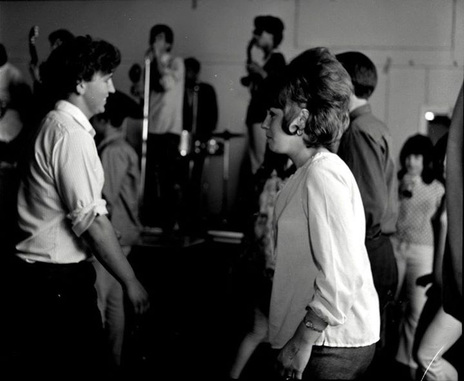
The Bitter End play to the crowd at the Upper Hutt Rugby Gym
Photo credit:
Photo by Revelle Jackson
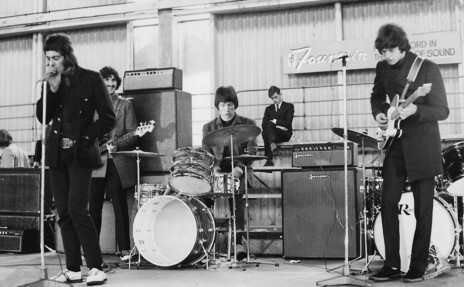
The Bitter End, Christchurch, 1967. On vocals is Peter Hall; at right is Glyn Mason on lead guitar
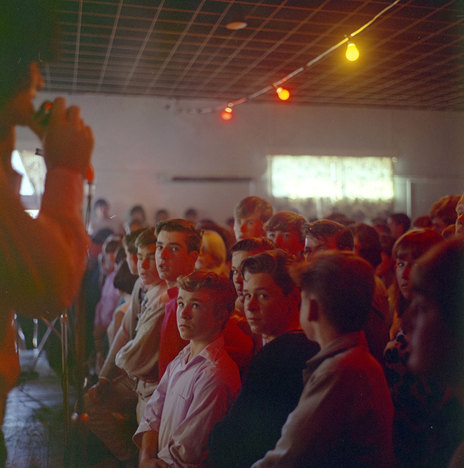
The crowd for The Bitter End at the Upper Hutt Rugby Gym
Photo credit:
Photo by Wilfred Revelle Jackson. Upper Hutt City Library
Single Man
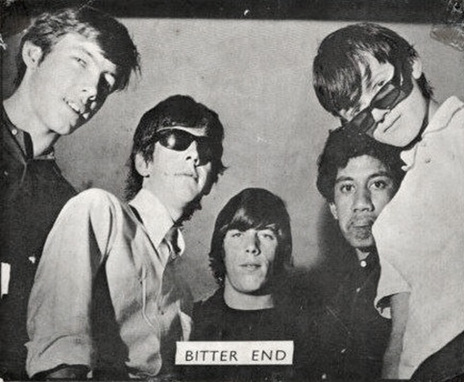
The Bitter End in an HMV publicity shot
Members:
Peter Raxworthy - vocals, guitar
Peter Hall - vocals
James Dwan - guitar, vocals
Roger Knox - bass, vocals
Allan Bateup - drums
Dave Longmore - guitar
Ben Kaika - bass
George Barris - guitar
Dave Orams - bass, keyboards
Noel Koskella - bass
Labels:
HMV
